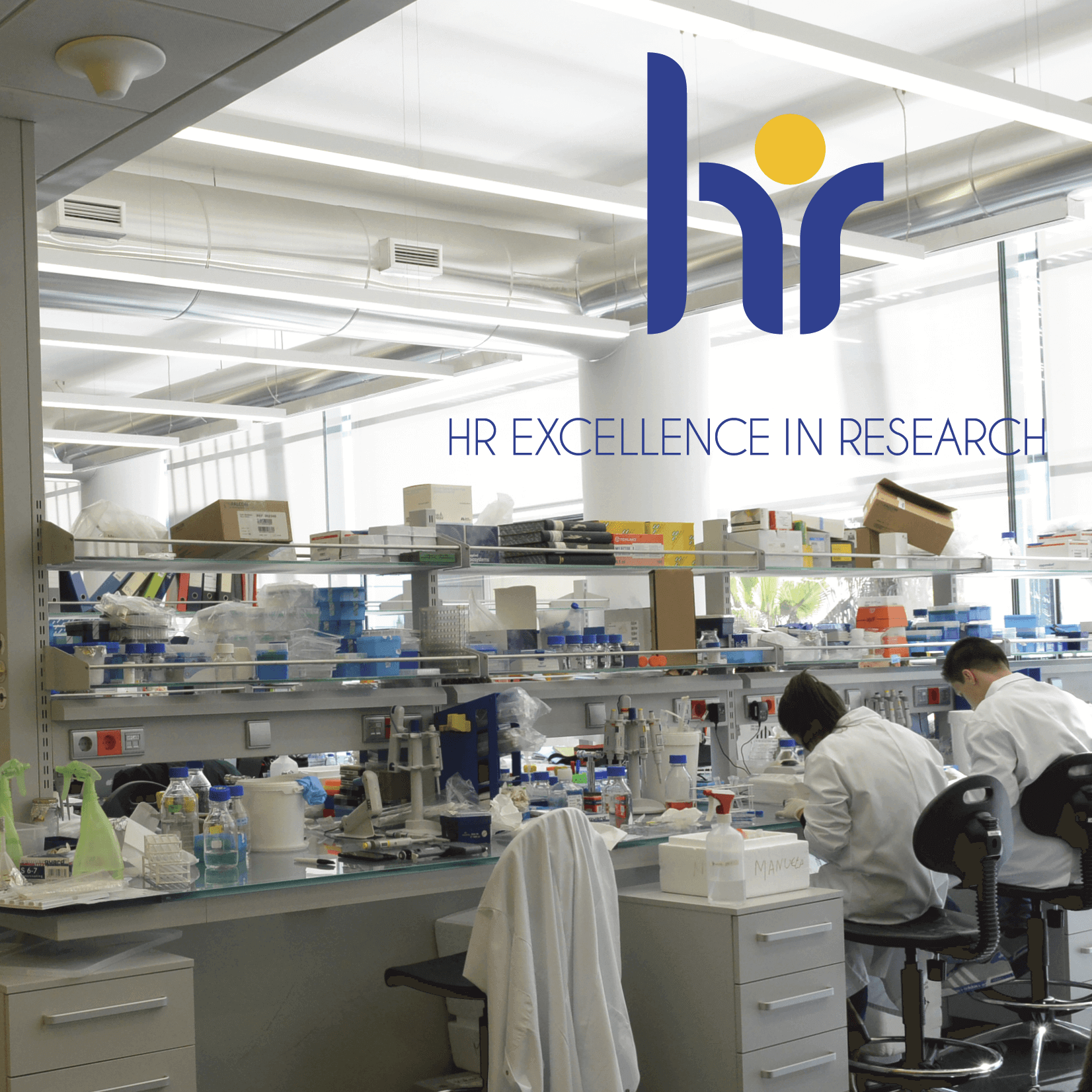08 August 2024
Using zebrafish “Avatars”, an animal model developed by the Cancer Development and Innate Immune Evasion lab at the Champalimaud Foundation (CF), led by Rita Fior, Mayra Martínez-López – a former PhD student at the lab now working at the Universidad de las Américas in Quito, Ecuador – and colleagues studied the initial steps of the Bacillus Calmette-Guérin (BCG) vaccine’s action on bladder cancer cells.
18 July 2024
Breast cancer: first scientifically validated guidelines on the usefulness of the imaging exam known as FDG PET/CT
Experts from two international nuclear medicine societies (EANM and SNMMI) have joined those from important societies of various other medical specialities involved in the care of breast cancer patients – including oncology, surgery, radio-oncology and breast imaging – to draw up a set of recommendations, based on scientific evidence, on the correct utilisation, in breast cancer, of a medical imaging exam. The exam in question has been used for several years and involves radioactive substances, in this case a glucose analogue called fluorodeoxyglucose (FDG).
11 Jul. 2024
2 Postdoctoral Fellows at Tissue Immunity Lab

Application Starts: 11 Jul. 2024
THIS CALL IS NOW CLOSED
Champalimaud Foundation (Fundação D. Anna de Sommer Champalimaud e Dr. Carlos Montez Champalimaud), a private, non-profit research institution in Lisbon, Portugal, is looking for a 2 Postdocs to join our team at the Champalimaud Research Program.
The selected candidate will:
The position
09 July 2024
Four Researchers in Portugal Elected as EMBO Members
Now, Megan Carey from the Champalimaud Foundation (CF), Mónica Sousa from the Instituto de Investigação e Inovação em Saúde (i3S), Ricardo Henriques from the Instituto Gulbenkian de Ciência (IGC), and Rui Oliveira from IGC and the Instituto Universitário de Ciências Psicológicas Sociais e da Vida (ISPA), become EMBO Mem
Innovative High-throughput Approaches to Understanding and Combating Cancer
Host
Adriana Sánchez Danés, Principal Investigator, Champalimaud Research
Venue
Seminar room
Abstract
To overcome the complexities of cancer and pave a path towards a cure, the McManus Lab is developing innovative approaches that consider both the genetic drivers of the disease and its interactions within the cellular environment. Join Dr. McManus to explore new technologies and methods to combat this multifaceted complex human disease.
27 June 2024
Gender equality: one step forward, two steps back?
Given that nursing is mostly a female profession, why are management positions mostly held by men?
The question was asked by Carla Martins, director of nursing at the Local Health Unit of Santa Maria Hospital, in Lisbon, during a recent debate at the Champalimaud Foundation (CF) on gender equality and, more specifically, on female leadership in healthcare.
20 June 2024
New CAML PhD Program in Surgical Oncology Research
This innovative programme is designed to develop future leaders in surgical oncology by combining cutting-edge scientific research with advanced surgical training. It offers a comprehensive and flexible doctoral curriculum for surgical residents, certified surgeons, and cancer-focused gastroenterologists and oncologists.

